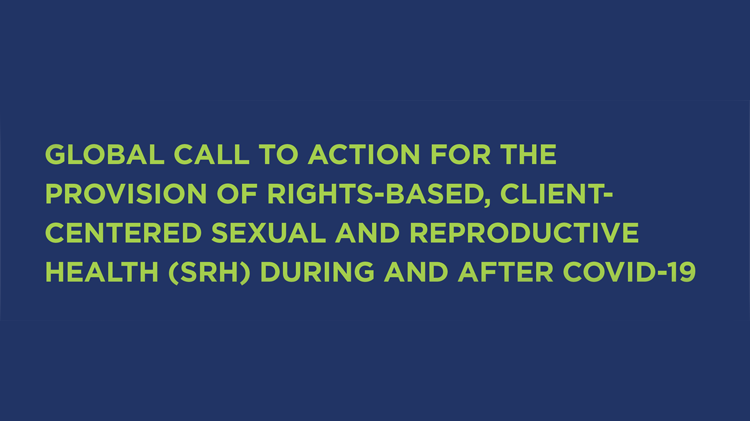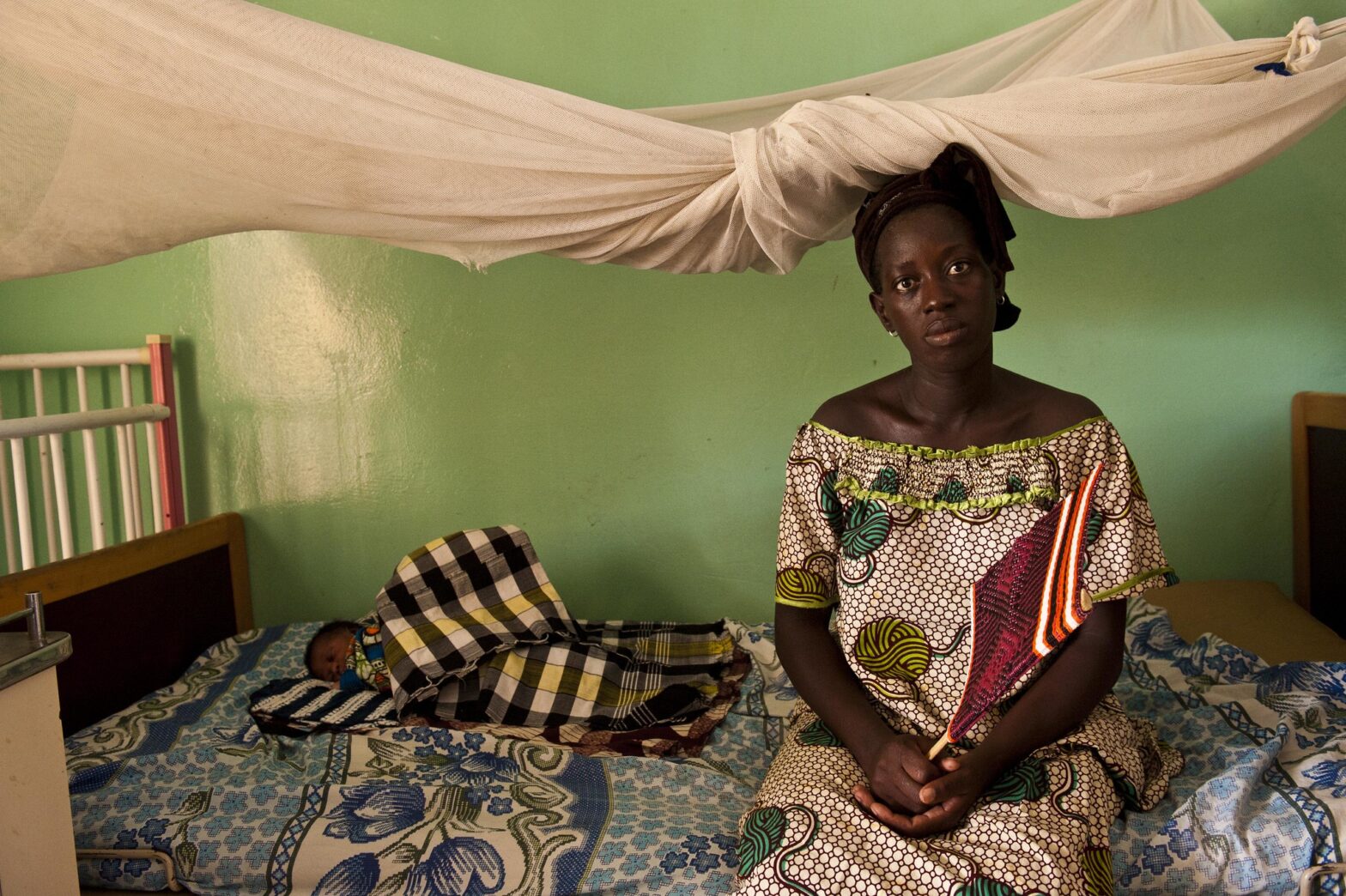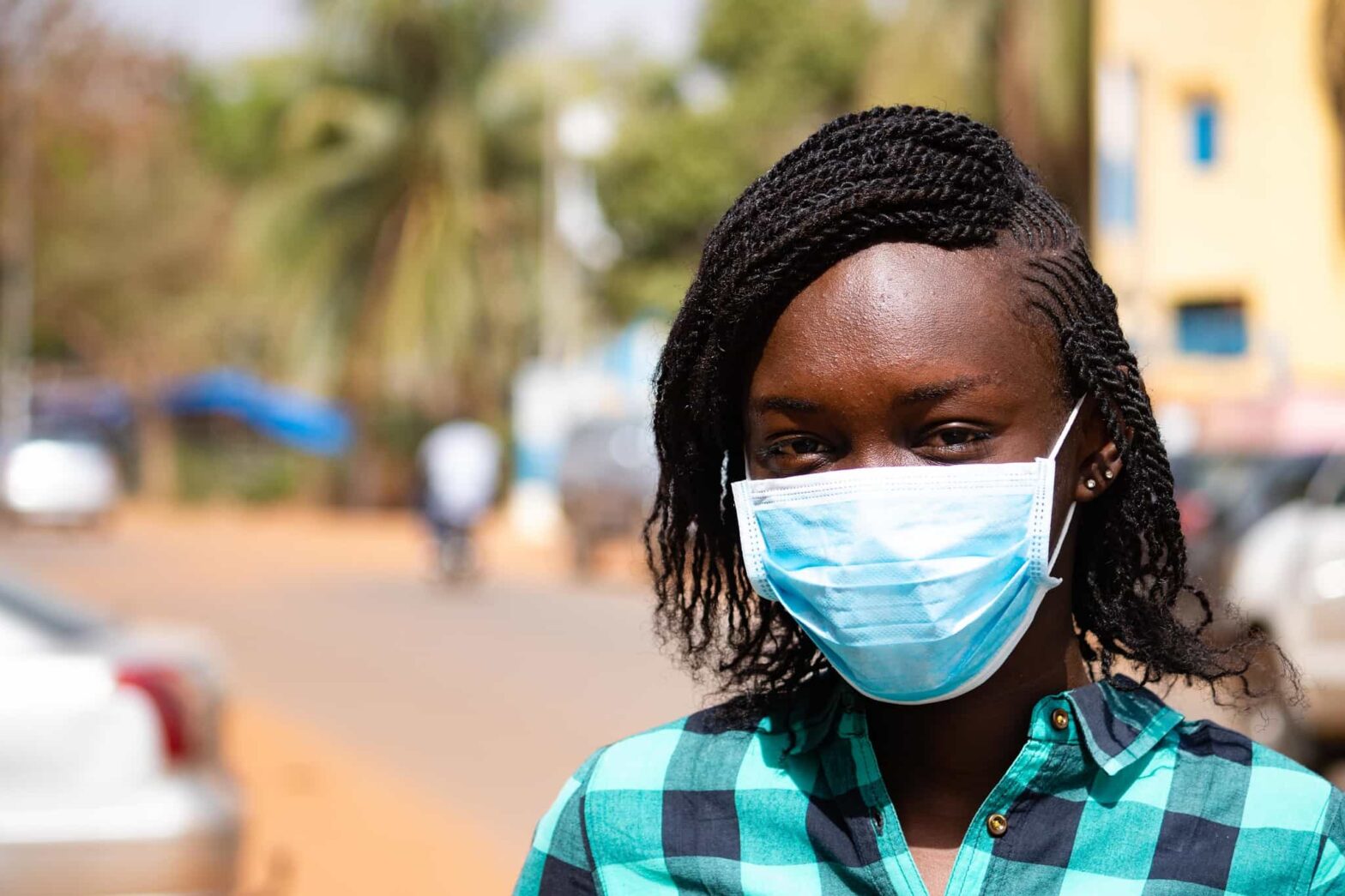The global health community reaffirms its commitment to ensuring rights-based, clientcentered SRH services, including the full range of available contraceptive methods, HIV/STI prevention, testing, and treatment, and cervical cancer services during and after COVID-19.
Category: In the News
FP2020 calls for universal access to family planning services
More women have access to family planning information and services than ever before. Yet millions of women in developing countries who want to prevent pregnancy are still not using modern contraceptives. According to Family Planning 2020 (FPP2020), a global community set up during the 2012 London Summit on Family Planning, 314 million women and girls were… Continue reading FP2020 calls for universal access to family planning services
WHO FP Accelerator Project Newsletter Sep 2020
The WHO FP Accelerator project continues to support partners and ministries of health (MoH) to accelerate quality and rights-based family planning (FP) services within the broader frameworks of the Sustainable Development Goals (SDGs), Universal Health Coverage (UHC) and the WHO 13th Global Programme of Work (GPW13).
Redesigning the FP2020 Secretariat Requires Rethinking Power and Partnerships
Working as a Black woman in international development is complicated. Working in family planning is even more complicated—because what is more politicized than sex? And whose bodies have been more politicized, sexualized and traumatized than those of Black and Brown women? It’s no wonder then, that these women have led the movement to reframe our understanding of health, wealth, and development and have rejected power dynamics that would trivialize, dehumanize — silo — us. Transitioning the FP2020 Secretariat into the partnership beyond 2020 requires breaking down those silos.
Family planning, reproductive health to be declared ‘essential services’
The services related to family planning and reproductive health are being declared ‘essential services’ so that they are not discontinued in any situation arising out of pandemic or natural disaster.
Call to Action: Uphold the human rights of pregnant women and their families everywhere, including Mória!
As a global organisation representing 143 Midwifery Associations and advocating on behalf of over one million midwives worldwide, the International Confederation of Midwives (ICM) calls on all governments to uphold the human rights of all women and their families to quality and respectful midwifery care.
Senegal: A Leader in Access to FP/RH Care During COVID-19
COVID-19 is demonstrating the impact of epidemics on the continuity of care provision, particularly for FP/RH. This is why, in addition to the measures taken to fight COVID-19, we realized the importance of carrying out parallel actions that guarantee the availability and continuity of essential RMNCAH services.
How Are Governments Ensuring That Voluntary Family Planning Remains an Essential Service during COVID-19?
Amid an inconsistent designation of “essential” services, overburdened health facilities, lockdowns, supply chain interruptions, and travel restrictions, without decisive action, provision of voluntary family planning will inevitably decline, with potentially devastating effects.
Opportunities and Challenges of Delivering Postabortion Care and Postpartum Family Planning During the COVID-19 Pandemic
The coronavirus disease (COVID-19) pandemic is poised to cause infection and death in millions of people across the globe at a stunning pace.
Mityana inter-faith leaders push for allocation of family planning funds
Senior Inter faith leaders from Mityana have committed to work with the district local government leaders to truck the integrated family planning funds up to the intended user.









